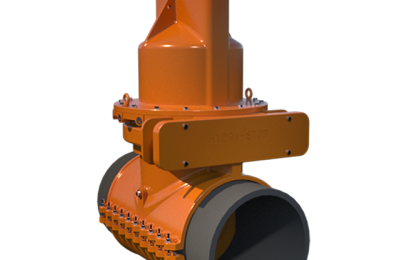It’s hard to believe that having running water in your home is a relatively recent invention. Pay attention during your next trip to a history museum, and you’ll see crowds of schoolchildren stare in confusion and amazement at a picture of a well or an outhouse.
For anyone living today, indoor plumbing is just something we’ve come to take for granted. That means we rarely think about the complex systems under our streets and sidewalks that support it. Yet recent events such as the crisis in Flint, Michigan show us that we ignore the importance of maintaining that infrastructure at our peril.
Municipalities may be concerned with what they consider to be more pressing issues. However, there are many reasons why investing time and money into system upgrades is more than a good idea — it’s essential. A city’s water infrastructure is crucial for its current health and long-term stability.
Here are three key reasons why municipal leaders shouldn’t take their water systems for granted.
1. Public Health
Running water is one of the most critical elements for ensuring public health and safety. Failing to filter it to make it potable can hasten the spread of diseases throughout the community. Bacterial outbreaks such as cryptosporidium and E. coli have been traced to insufficient treatment of sources. These can lead to serious illnesses and severe risks to children, the elderly and others with compromised immune systems.
In addition, communities that fail to keep up with upgrades to their systems may be at risk for much more serious and long-term threats to their welfare. That’s because many of them still have lead pipes, which can contaminate resources. The lasting effects of that contamination can do irreparable damage to a population.
2. Economic Stability
Providing clean, reliable water service is imperative for a municipality’s economic competitiveness, as well. Without an upgraded, dependable system, many businesses and industries can’t function. If a town or city has one that performs below expectations, it may be at risk of losing its commercial residents. This can be a blow to that community’s tax base and harm its viability for the future.
Additionally, it’s difficult to overstate the importance of a properly maintained system when it comes to reducing waste. Old, leaking pipes mean a lot of water simply never reaches its users. In effect, customers spend more on resources they’re not using. Businesses will be quick to move to another location if they can be assured of lower utility bills.
3. Environmental Responsibility
Outdated, leaky infrastructure also has the potential to hurt surrounding ecosystems. Raw sewage and industrial waste can seep into the earth, where they eventually contaminate groundwater. Sewage and waste may also flow directly back into rivers and lakes, where they might kill wildlife and plants. Ensuring these systems are cared for and upgraded is a vital component of local governments’ ecological stewardship.
We may not spend a lot of time thinking about how running water gets to and from our homes and businesses, but we should. For these reasons and many others, cities, towns and villages need to remember how necessary it is to invest in their water infrastructure.





